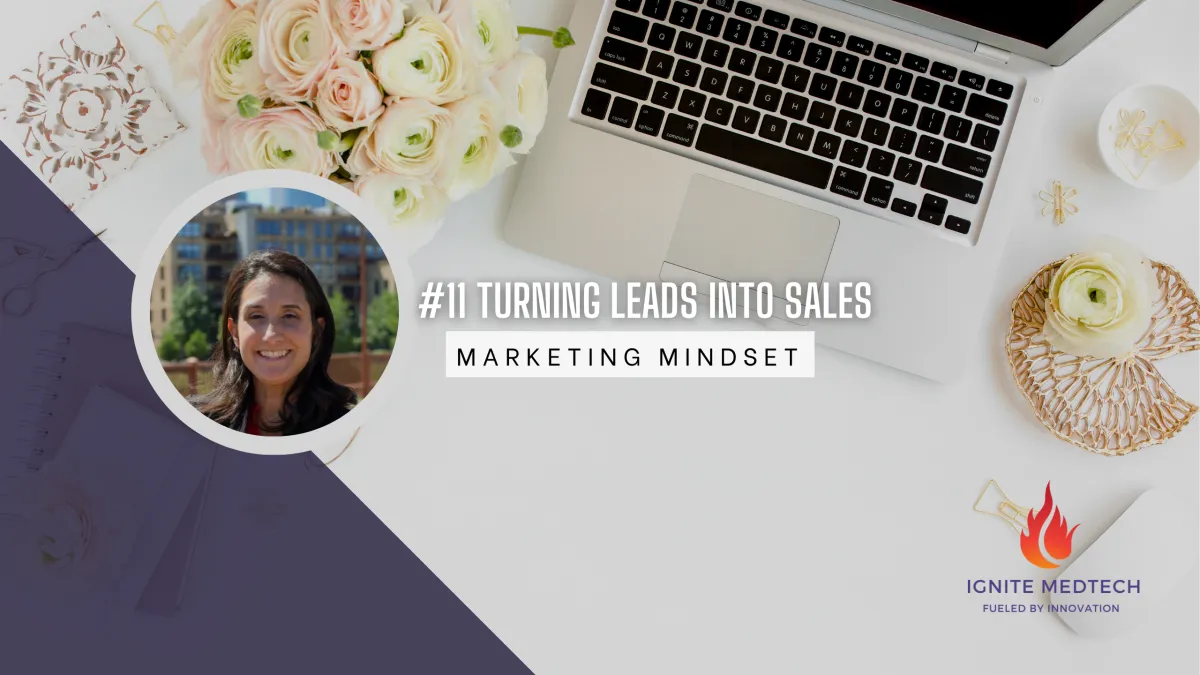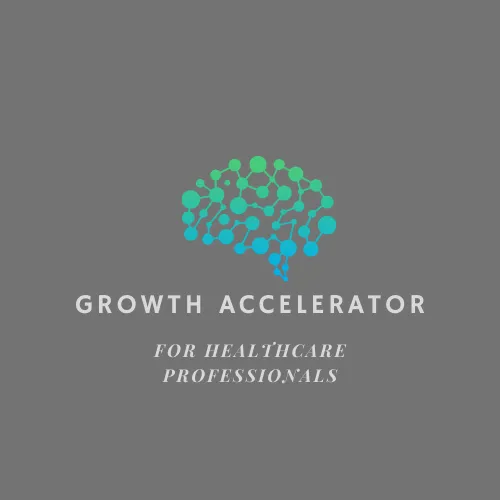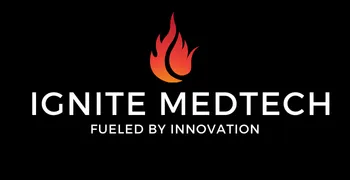Training and Webinars
We'll show you how it's done
Cohort based courses to free webinars get the resources you need to tackle the marketing yourself
Blog
We are passionate about healthcare marketing and love sharing our insights, tips, and strategies. Sign up to get the latest edition in your inbox.

Effective Sales Conversion Strategies for MedTech Startups: Turning Leads into Sales
Strategies for Turning Leads into Sales
Converting leads into actual sales is a formidable challenge. While generating leads is crucial, the real measure of success lies in transforming these leads into paying customers. This process demands not only effective sales strategies but also a understanding of customer needs and pain points. Here’s how MedTech startups can navigate this complex journey and achieve high sales conversion rates.
Understanding the Customer
At the core of successful sales conversion is an in-depth understanding of the customer. MedTech products often address specific and complex medical needs, so it’s essential to comprehend the unique challenges faced by healthcare providers and patients. Startups must invest time in market research to gather insights into the problems their potential customers are trying to solve. This involves engaging with healthcare professionals, attending industry conferences, and analyzing competitor products to identify gaps in the market.
Building Trust and Credibility
The healthcare industry operates on trust and credibility. Medical professionals and institutions are cautious about adopting new technologies, given the high stakes involved in patient care. Therefore, MedTech startups must establish themselves as reliable and trustworthy. This can be achieved through clinical trials, obtaining regulatory approvals, and showcasing case studies or testimonials from early adopters. Additionally, engaging with key opinion leaders (KOLs) and industry influencers can lend credibility and foster trust among potential customers.
Tailored Value Propositions
A one-size-fits-all approach seldom works in MedTech sales. Startups need to develop tailored value propositions that clearly articulate how their product addresses specific customer pain points. This requires segmenting the target audience and creating customized messages for each segment. For instance, a value proposition for a hospital might focus on improving patient outcomes and operational efficiency, while for a private clinic, the emphasis could be on cost-effectiveness and ease of integration.
Effective Sales Strategies
Solution Selling: Instead of pushing a product, solution selling focuses on understanding the customer’s problems and offering tailored solutions. This involves a consultative approach where sales representatives act as advisors, helping customers understand how the product can meet their needs.
Educational Marketing: Educating potential customers about the benefits and applications of the product is crucial. This can be done through webinars, whitepapers, and detailed product demonstrations. Educational content helps in building awareness and positions the startup as a thought leader in the industry.
Pilot Programs: Offering pilot programs or trial periods can be an effective way to demonstrate the product’s value. This allows potential customers to experience the benefits firsthand, making them more likely to commit to a purchase.
Customer Testimonials and Case Studies: Real-world success stories resonate strongly with potential buyers. Showcasing how existing customers have benefited from the product can provide social proof and alleviate concerns about adoption.
Overcoming Objections
Handling objections is a critical part of the sales process. Common objections in the MedTech field include concerns about cost, integration with existing systems, and regulatory compliance. Sales teams must be prepared with data and responses that address these concerns convincingly. For instance, a detailed cost-benefit analysis can demonstrate long-term savings, while case studies can show successful integrations in similar settings.
Follow-Up and Nurturing
Not all leads will convert immediately. Consistent follow-up and nurturing are essential to keep potential customers engaged. This involves regular communication through emails, phone calls, and newsletters that provide valuable information and updates about the product. Keeping the dialogue open helps in staying top-of-mind and moving leads through the sales funnel.
Leveraging Technology
Sales automation tools and CRM systems can significantly enhance the efficiency of the sales process. These tools help in tracking interactions, managing leads, and analyzing sales data to identify trends and areas for improvement. By leveraging technology, MedTech startups can streamline their sales efforts and ensure that no lead falls through the cracks.
Conclusion
Converting leads into sales in the MedTech industry is a multifaceted challenge that requires a strategic approach, deep customer understanding, and effective use of technology. By focusing on building trust, delivering tailored value propositions, and maintaining consistent engagement, MedTech startups can improve their sales conversion rates and achieve sustainable growth.








